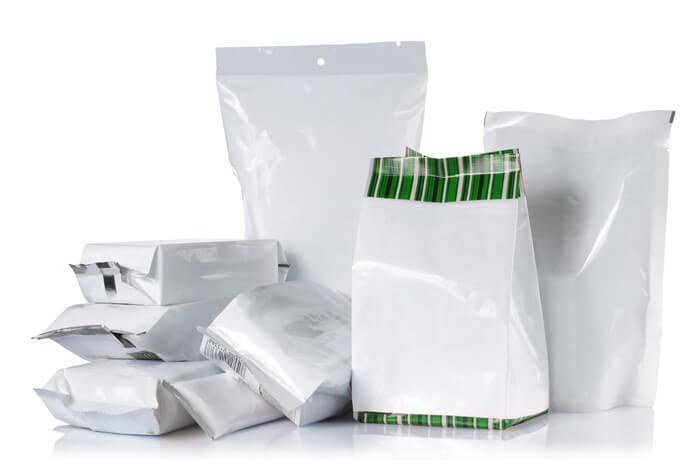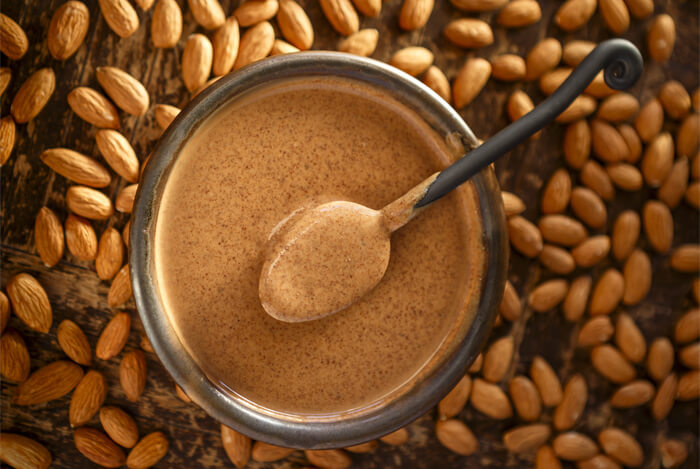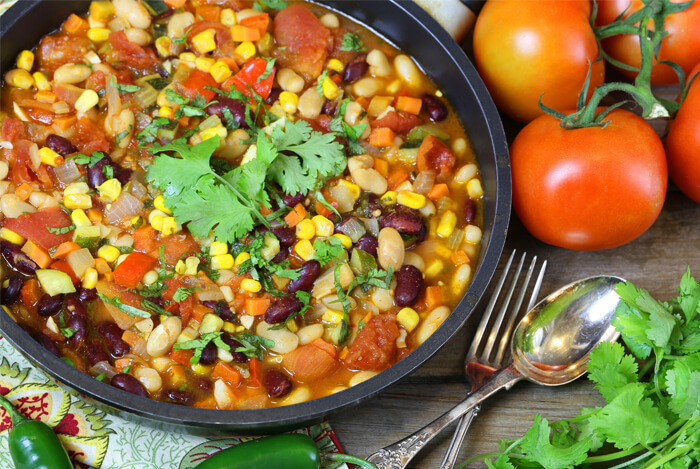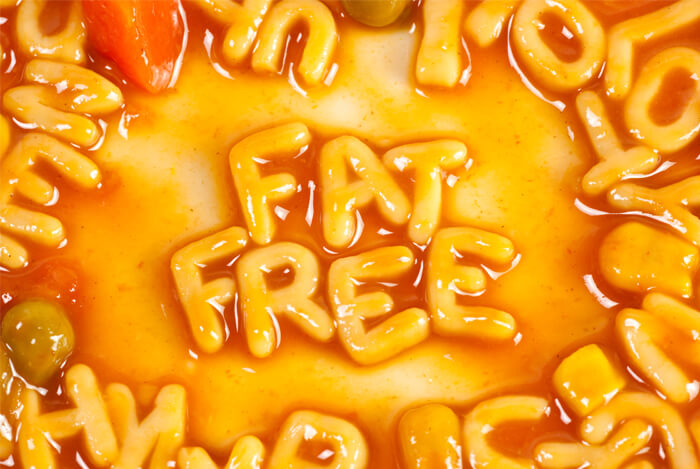When it comes to dietary fat intake, perhaps no one disagrees more on how much is too much or how much is too little than the American public and even modern health experts.
And what about healthy fats?
Everyone has their own opinion of what healthy fats are. Some recommend butter and some recommend almonds.
What should you believe?
Fat intake has been a controversial topic for years, but with conflicting scientific research on both sides of low fat and high fat, it’s easy to see how the American public is confused and why many have simply given up altogether.
So what are we supposed to do? What advice should we follow when it comes to our personal fat intake and how much is right for us?
How We Got Fat: It Wasn’t the Fat!

It’s true that a low-fat diet was one reason America’s sugar intake went up in the late 1980’s.
With diet products coming out of the woodwork, sugar was put into anything that was fat-free, low-fat, and artificially flavored.
In other words, the fat was taken out of the foods and the junk food ingredients went up!
Sugar and fat can both be detrimental to our health, so exchanging one for the other doesn’t make much sense when it comes to packaged foods.
The real problem was an increase from calories, regardless of whether they’re from fat-free candy or sugar-free butter.
But what about whole foods? What about nuts, seeds, olives, olive oil, and even eggs and cheese? Is fat harmful, or is butter really back?
Here’s What You Need to Know About Fat Intake
Too much is not healthy and too little is not healthy. After that, it’s up to you, your body, and you looking into the research for yourself to see what the science says about eating fat and how much is enough for your personal body.
Until you get the hang of things, however, here are 10 tips you can take advantage of and some facts that may help you decide how much fat is right for you and what a good amount of fat at each meal might look like to start with.
1. Think of Healthy Fats as a Condiment, Not a Main Ingredient

One healthy way to approach fat is to look at it like your daily treat. View it that way, not as something you necessarily have to work to include. It’s difficult to eat 5 servings of veggies at one meal without feeling full quickly, but try eating 5 tablespoons of oil or 5 servings of nuts. That’s not as hard, right?
High-fat foods don’t take up much room in our stomachs, and therefore, we don’t feel as full as quickly as we would eating more produce.
2. Keep Portions of Added Fats to 1-2 tablespoons at Meals at the Most

Many foods have natural amounts of fat, so even if you didn’t add any fat to your meal from high-fat foods, such as nuts or olive oil, you’d still get some fat from grains, legumes, and most proteins.
Avocados are also a fruit that’s full of fat, as is acai puree and fiber-rich foods such as flax and chia. Oats even have omega-3 fatty acids and are one of the higher fat grains of all.
When it comes to added fats like almond butter or peanut butter, you don’t need to eat a lot at one time to experience the benefits from their satiety factors and heart-healthy benefits.
What about foods such as dark chocolate, you might ask?
Portion size is key.
3. Focus More on Fruits, Vegetables, and Whole Grains at Meals

Instead of focusing on fat at each meal, focus on fruits, vegetables and whole grains.
Then add in small amounts of items such as avocados, nuts, and seeds and see how you feel.
From there you can choose denser options, but base your diet off of the basic foods shown to be the most beneficial for your health.
4. Don’t Think Fat-Free Means Zero Calorie

Fat-free foods still have calories, so keep that in mind when making food choices.
So use your intuition and keep an eye on your portion sizes. If you’re serious about making a major change to your physique, consider tracking your diet as well.









